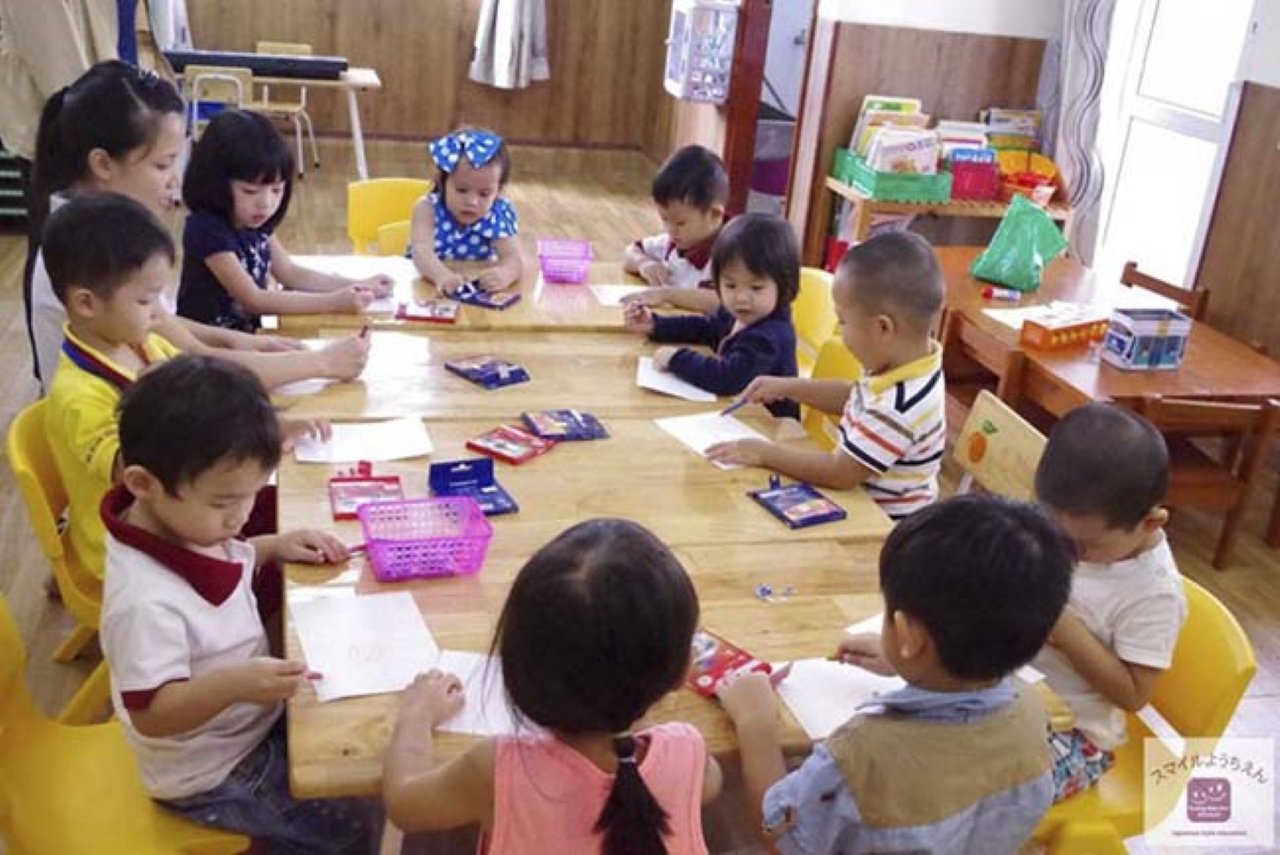Parents fostering the following three abilities in children under the age of six is more important than imparting knowledge:
1. Instilling Good Habits
Early childhood education is a form of life orientation. During these formative years, children need to learn not just cultural knowledge but also develop good habits and improve their skills.
The importance of habits cannot be overstated. Positive habits contribute to a child’s physical health and overall well-being. Conversely, negative habits can hinder their development, underscoring the critical nature of fostering good habits.

Instilling Good Habits in Children. (Illustrative Image)
2. Behavior Management Skills
A child’s behavior reflects their thinking and beliefs. For instance, does the child know to stand in line, remain quiet in public places, or stay in bed?
Direct observation of a child’s behavior provides insight into their understanding of appropriate conduct and their ability to self-regulate.
Parents should focus on cultivating their child’s behavior management skills, which will significantly enhance their overall capabilities.
3. Emotional Intelligence (EQ) Management
EQ directly impacts a child’s performance in various social activities, including academics, daily life, and future careers.
Children with high emotional intelligence tend to excel academically as they navigate interpersonal relationships more effectively, receiving support in their studies and personal lives.
EQ is equally crucial in the workplace and social interactions. A high EQ enables children to thrive in a civilized society. As children typically start school around the age of six, it is essential to focus on developing these abilities before they turn six.
Nurturing a child is a marathon, not a sprint. A strong start does not guarantee success, but careful preparation from the outset increases the chances of winning in the long run.






































